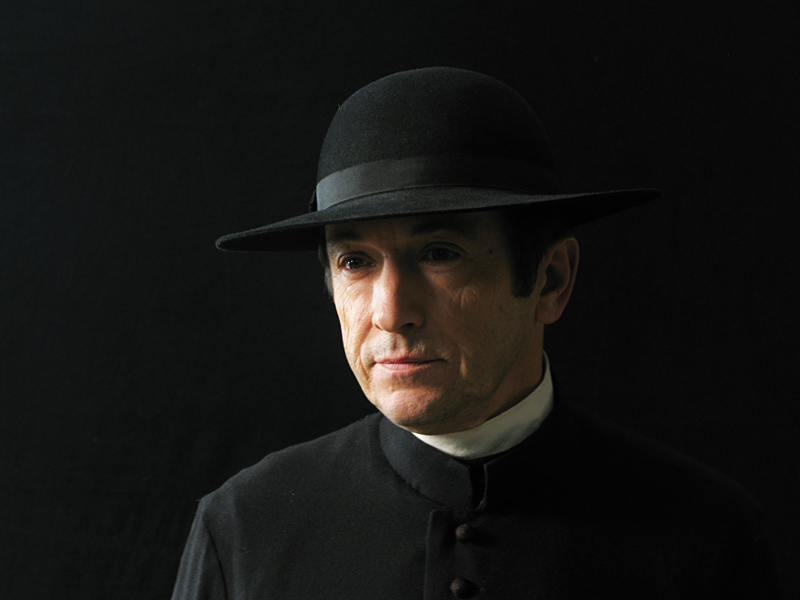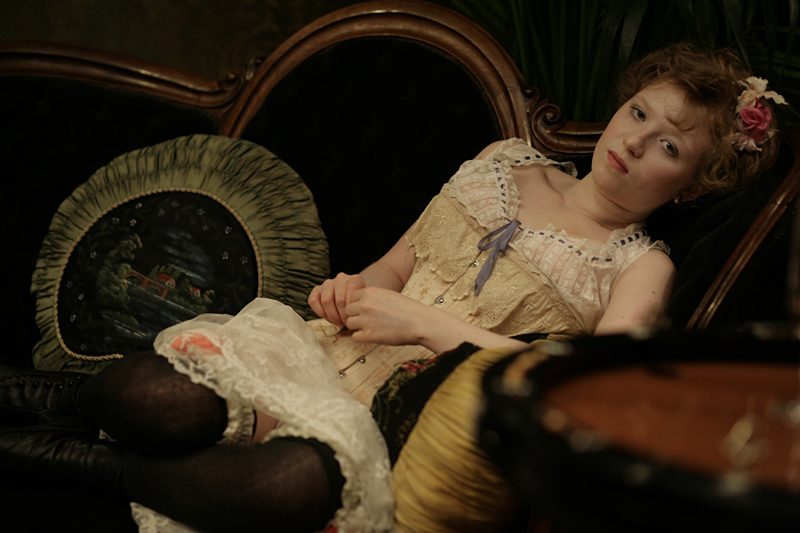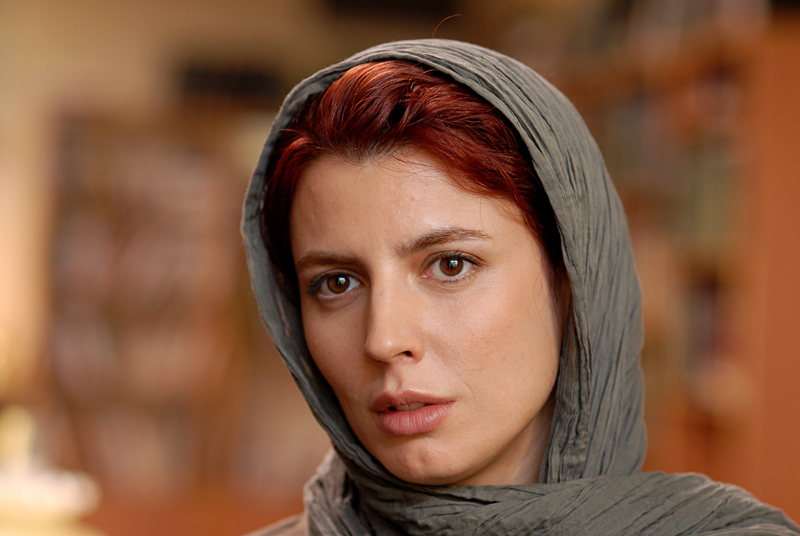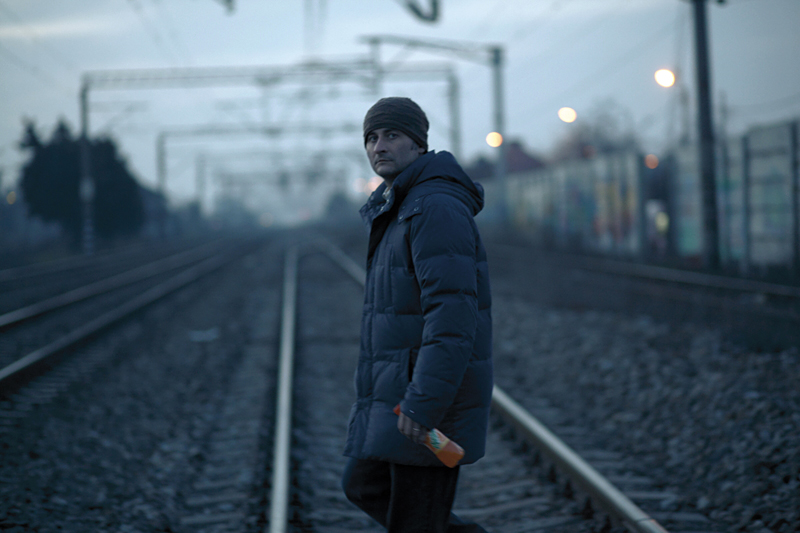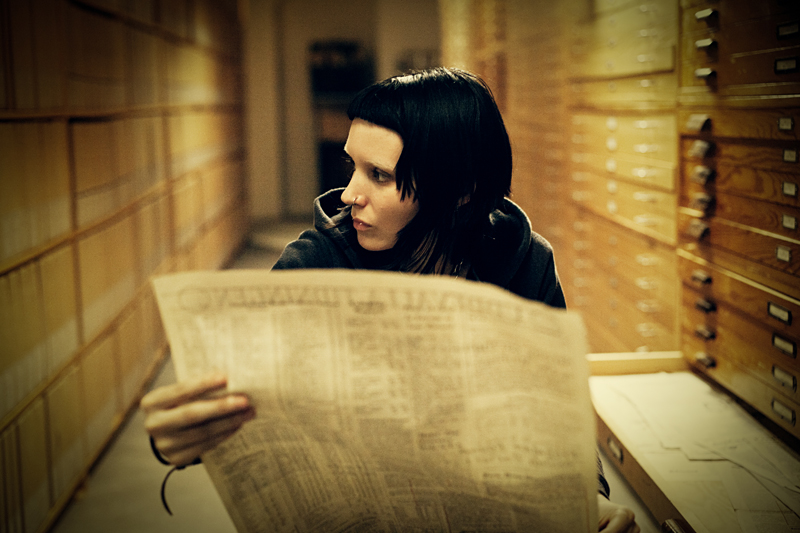“Convoluted” does not begin to describe this four-hour-plus movie, based on a sprawling three-volume novel by prolific 19th-century Portuguese novelist Camilo Castelo Branco. A sort of ethnographic time-traveler, just-deceased director Raúl Ruiz dramatizes every outrageous plot twist with serene equanimity—treating the hopelessly old- fashioned as the new avant-garde. The tale of the illegitimate “orphan” Pedro’s search for his origins is embedded in a thicket of concealed identities, unexpected confessions, and madly proliferating nested narratives. Boasting of “coincidences so great no novelist would invent them,” the story advances as it retreats; the movie’s most often repeated line is “I’ll explain later!” Placing the very notion of narrative between quotation marks, it’s at once matter-of-fact and outlandish, anachronistic and contemporary, a movie of fluid long takes and static compositions in which all the action might be set within the paper theater given to the young hero by the aristocratic woman who, 20 minutes into the movie, turns out to be his mother and then . . . The more Pedro learns of his past, the more confused and morbidly alienated he becomes. Ultimately, Mysteries cuts its own Gordian knot to wrap with a magnificent, looping closer—a blaze of white light that metaphorically conflates the end of literature, theater, and cinema. The nothingness is Olympian. A child is born, a man dies (still living in that child’s imagination), and the movie feels majestically disinterested—once set in motion, it hardly cares if you watch. (Screened in two parts with intermission.)
Mysteries of Lisbon: Four Hours of Raúl Ruiz
